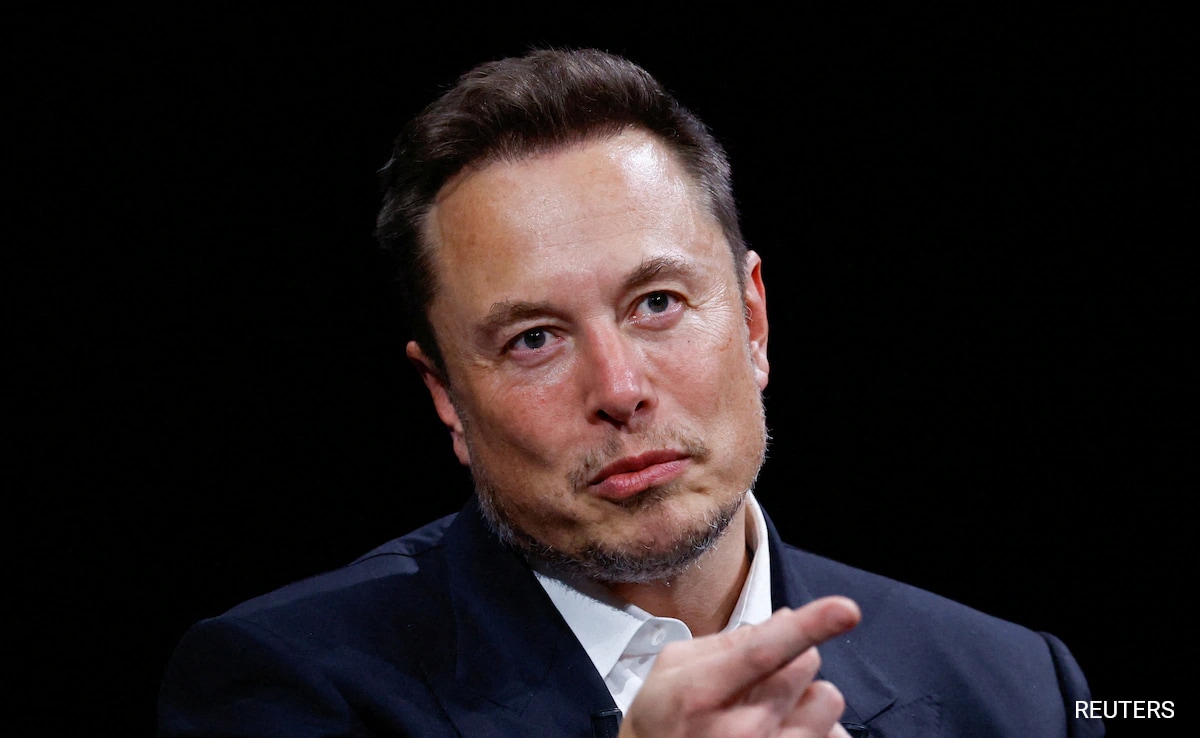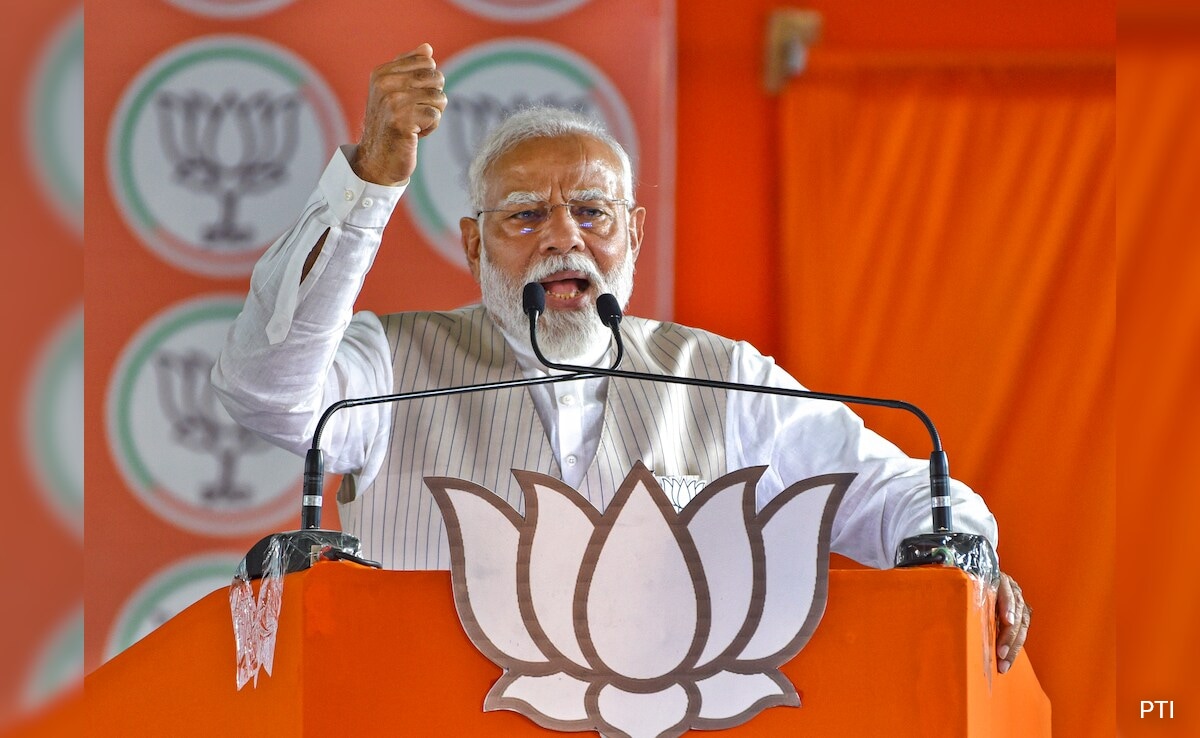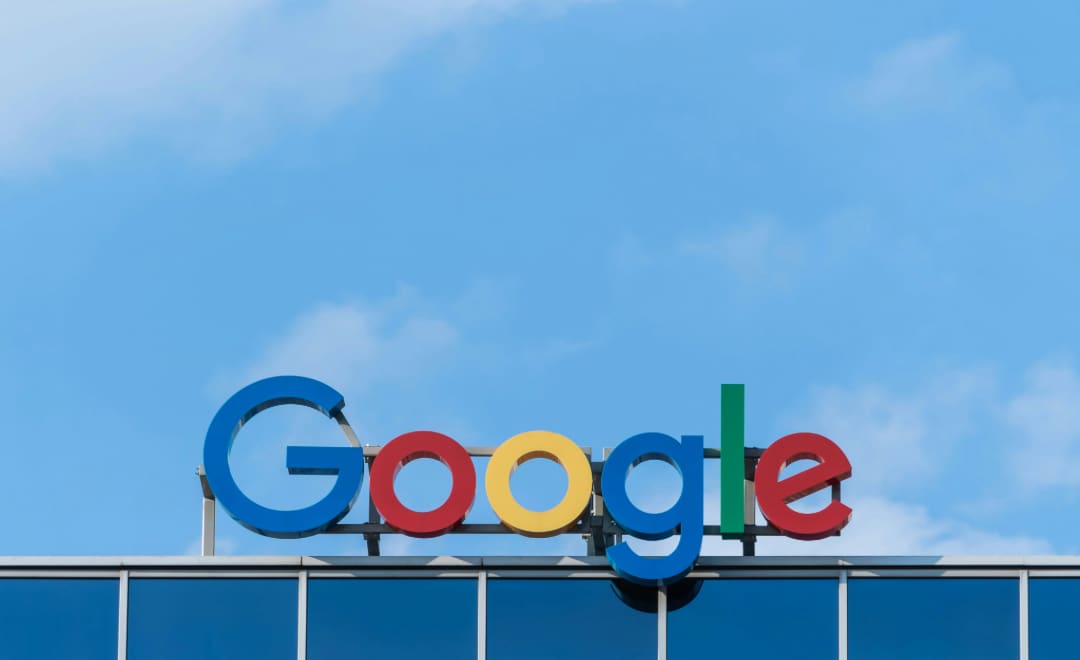Jeremy Hunt has announced plans to tax vaping products and increase tobacco taxes.
Hunt, who first unveiled the decision to introduce an excise tax on nicotine liquid used in e-cigarettes in his UK budget speech, said tobacco taxes would also increase to ensure they remain more expensive than e-cigarettes.
He said”[e-cigarettes] It can also play an active role in helping people quit smoking”, which is why there will also be a “one-off increase in tobacco tax”. Hunt added that he wanted to “maintain the financial incentive to choose e-cigarettes over smoking”. The change will be effective from 2026 Effective from October.
The Chancellor also reiterated the Government’s intention to ban disposable e-cigarettes “as soon as possible”.
To help tackle the “pocket money” pricing that attracts so many young children to e-cigarettes, campaigners say e-cigarettes will be taxed at three rates: no nicotine, nicotine (less than 11 mg of nicotine per milliliter) and high nicotine (at least 11 mg per ml). Prices are £1, £2 and £3 per 10ml of liquid respectively and will be charged to the UK manufacturer or importer.
The Office for Budget Responsibility, which measures the budget impact, said the levy would mean the price of products in the high-nicotine category, which sell for £3, would double to more than £6. It is said tax revenue will rise by £500m by the 2028-29 financial year.
The move was welcomed by other agencies, but the government was asked to ensure any tax revenue was used to address the environmental and public health consequences of vaping.
“It’s good that the government is taking decisive action to make vaping products less affordable for minors,” said Kaya Comer Schwartz, vice chair of the Local Government Association’s Community Wellbeing Committee. Governments are urged to ensure that tax proceeds are earmarked for environmental, public health and law enforcement purposes.
“This will help address the current pocket money price of e-cigarettes, deter children from using them and help combat illegal products.”
The Chartered Trading Standards Institute (CTSI) said it had long called for an e-cigarette tax “to help tackle the challenges posed by the illegal e-cigarette market”. A spokesman said: “By treating e-cigarettes as an excise product and taxing sales, it means law enforcement agencies including the Border Force and HMRC will focus more on the product itself, which should have Help us further crack down on illegal e-cigarettes.” E-cigarette market. “
The Government will also provide £30 million in funding to support the work of enforcement agencies, including the development of trading standards from early April.
Currently, e-cigarette products and non-tobacco nicotine are taxed at a VAT rate of 20%, while e-cigarettes, which are regulated as pharmaceuticals, are taxed at a lower rate of 5%. Ministers are concerned that the relatively cheap cost of e-cigarettes is making them increasingly attractive to young people and non-smokers.
The new tax will be similar to schemes in 15 European countries, including Germany, which imposes a tax of €1.60 (£1.37) per 10ml of e-cigarette liquid, and Italy, which has a tax of €1.30. The EU also plans to impose e-cigarette taxes on 27 countries.
Follow us on Google news ,Twitter , and Join Whatsapp Group of thelocalreport.in
















